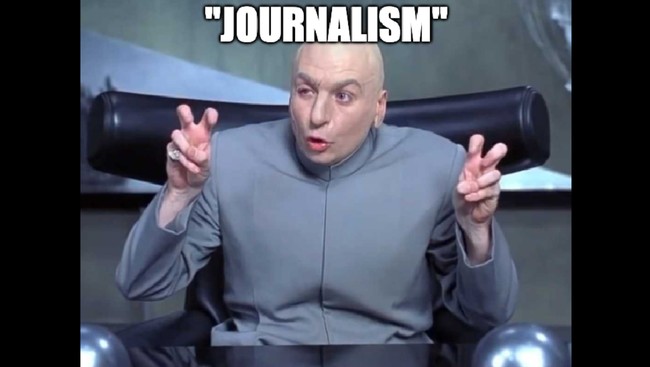ARTICLE AD BOX
BRUSSELS — A weeks-long stalemate holding up the latest package of sanctions against Russia was ended Wednesday night after Slovakia lifted its veto, the Danish presidency of the Council of the EU confirmed.
The bulk of the package — the 19th to be imposed on Moscow since the start of its full-scale invasion of Ukraine more than three years ago — focuses on sapping the Kremlin’s war chest by imposing restrictions on energy traders and financial institutions, many of them in third countries.
Companies helping the Russian war effort will be targeted, in addition to 117 new tankers considered to be part of the shadow fleet that ships Russian fossil fuels in violation of the oil price cap.
Earlier this week, energy ministers from 27 member countries agreed by qualified majority to a landmark phaseout of Russian gas, against the objections of Slovakia and Hungary. Slovakia had vowed to hold up the sanctions package unless it was given assurances on how to combat high energy prices and aid heavy industries like car making.
Austria and Hungary had also expressed concerns over the sanctions package but lifted their veto in recent days. Slovakia was the last country blocking the new restrictions — and had sought concessions in the statement to be agreed at Thursday’s summit of EU leaders in Brussels.
“All our demands … were included [in the statement],” a Slovak diplomat confirmed to POLITICO.
The summit will seek to stress the EU’s support of Ukraine, in light of U.S. President Donald Trump’s pressure on Kyiv to cede territory to Russia. Ukrainian President Volodymyr Zelenskyy is expected to join parts of the meeting in Brussels.
Leaders are expected to emphasize the need to further hit Moscow with hefty sanctions over its war against Ukraine. Defense spending as well as the use of frozen Russian assets to support Kyiv are all on the agenda.
The sanctions package will also significantly expand the number of non-Russian companies banned from doing business with the bloc in a bid to prevent Moscow from circumventing the restrictions.
 Defense spending as well as the use of frozen Russian assets to support Kyiv are all on the agenda. | Sergey Shestak/EPA
Defense spending as well as the use of frozen Russian assets to support Kyiv are all on the agenda. | Sergey Shestak/EPASpecifically, the bloc seeks to add export controls on another 45 companies that are deemed to be working together to evade sanctions. Those include 12 Chinese, two Thai and three Indian entities that have enabled Russia to circumvent the bloc’s sanctions.
The package also restricts the movement of Russian diplomats within the EU. They will have to notify other EU governments of their movements before crossing the border of their host country.
The package will now go through a so-called written procedure, where capitals have until Thursday morning to speak up. If no one does, the text is approved.
.png)
 2 hours ago
1
2 hours ago
1








 English (US)
English (US)